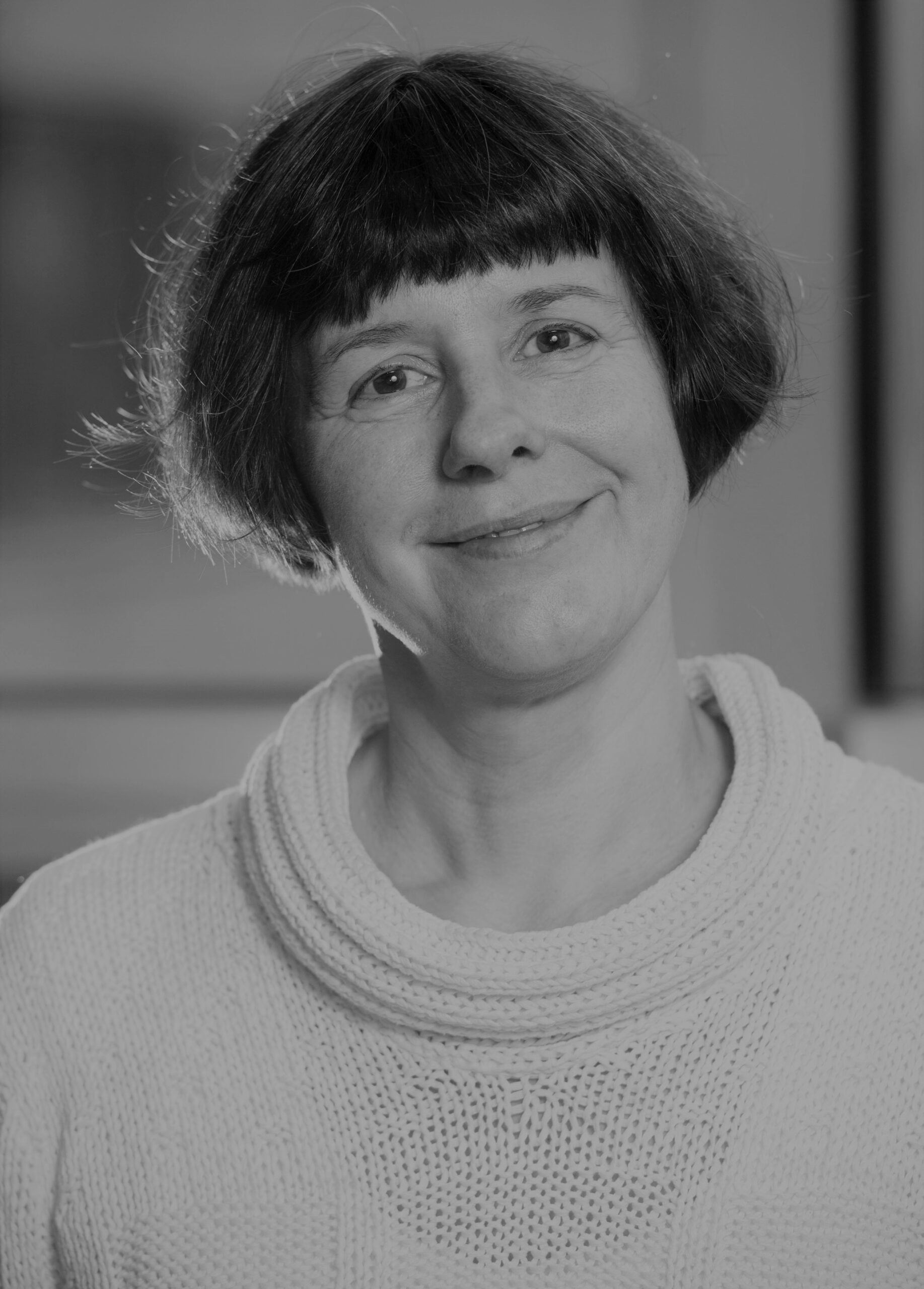
In this post, Dr Dave Laurenson and Prof Sabine Rolle explore the development of assessment and feedback at the programme level. They consider the scope of this big-picture perspective, and how effective programme design can re-imagine the way we teach and learn. Dave is Director of Learning and Teaching in the School of Engineering, and Sabine is Dean of Education in the College of Arts, Humanities and Social Sciences. This post is part of the Learning & Teaching Enhancement Theme: Assessment and Feedback Principles and Priorities.
“Our Assessment and Feedback approaches will be developed and monitored at programme level”. This principle is central to our work on assessment and feedback as part of the Enhancement-led Institutional Review (ELIR) response, and it also provides a clear link to the wider Curriculum Transformation Project. After all, the vast majority of our students are enrolled on programmes of study[1]. We have, or should have, a clear understanding of our programmes’ aims and how they are linked to the Edinburgh Student Vision. This includes an understanding of the assessment and feedback structure as part of the overall programme design.
The literature is clear on the benefits of this:
“Taking a programme approach clarifies the interconnectedness of units of study, emphasising that an undergraduate degree is subject to a curriculum design process where the ‘whole is greater than the sum of its parts’. Programmatic strategies attend to the sequence, timing, proportions and variety of assessment tasks across modules in fostering conditions for student learning from assessment”
(Jessop et al., 2014, p. 74).
Such an approach supports structured development of Graduate Attributes and is likely to lead to a better understanding of student progression through their programme, supported by linked feedback or feed-forward points. It may also help address stress levels among students and staff as co-ordinating the timing of assessment reduces clashing deadlines for completion and marking of assignments, and clarifies expectations for students and staff.
In the first instance, this principle sets an expectation that assessment is overseen or mapped at programme level. The mapping would have to take place within existing governance structures, that is, by programme teams and overseen by Boards of Studies. For new programmes, this could be part of the approval process; for existing programmes, it might be part of the usual programme review processes (annual programme monitoring, Internal Periodic Reviews), with any changes approved by Boards of Studies as necessary.
There are challenges, no doubt. Not all programmes have very clearly defined programme learning outcomes. Or, where those do exist – in the Degree Programme Specifications (DPS) available through drps.ed.ac.uk – they may not be well known to the students taking the programme or indeed to the staff involved delivering it. An even bigger problem may be the sheer number of optional courses students can take: the level of flexibility and choice we offer in many of our programmes. How can all these courses be mapped? And how about the courses that are listed as options for multiple programmes? Should their assessment be part of the mapping exercise for every single one of those programmes? Which programme would take precedent if there were conflicts?
Such challenges should not mean, however, that we give up on the overall goal of overseeing assessment and feedback approaches at programme level altogether. Programme teams could start by looking at the core courses, plus, perhaps, some of the key electives that are commonly taken by a large number of students on the programme (in some cases, there may be just a limited number of electives, making it feasible to include them all in the mapping exercise.) They could check whether the same types of assessment, testing very similar (programme) learning outcomes, are used repeatedly whereas others are missing – and then amend the assessment strategy across the programme accordingly.
Going forward, we could/should be even more ambitious and introduce assessment at programme level, rather than just mapping course level assessment across a programme. Course-specific outcomes would continue to be assessed at the course level, but outcomes related to programme level attributes could be assessed through overarching mechanisms: for example, through portfolio assessment. This would allow us to evidence the acquisition of competencies – including professional competencies – that are not linked to a specific course but are developed across several courses and several years of study to meet overall programme learning outcomes.
Some creative thinking may be needed to find alternatives to our current structures that directly link courses, their assessment, and credit awarded. Would it be possible, for example, for some students to complete a course including assessment and gain 20 credits for it, whereas other students take it on a class only basis, or with reduced amount of summative assessment for fewer credit points, to make space for a synoptic piece of assessment such as a portfolio of work?
[1] There are exceptions to this: MOOCs, Continuing Professional Development provision, and many courses in the Centre for Open Learning – to name a few – are normally taken as standalone courses.
References
Tansy Jessop, Yassein El Hakim & Graham Gibbs (2014). “The whole is greater than the sum of its parts: A large-scale study of students’ learning in response to different programme assessment patterns”, Assessment & Evaluation in Higher Education, 39:1, pp. 73–88, DOI: 10.1080/02602938.2013.792108
Dave Laurenson
Dave Laurenson is Director of Learning and Teaching in the School of Engineering, with 28 years of teaching experience. As Assistant Director of Learning and Teaching between 2019 and 2021, he led the curriculum renewal within the School of Engineering, focusing on development of graduate attributes and skills throughout multi-year programmes. He oversaw the introduction of a renewed pre-honours programme across the School, which was first delivered in 2020/21. He is a Senior Fellow of the Higher Education Academy.
 Sabine Rolle
Sabine Rolle
Sabine is based in the Department of European Languages and Cultures (LLC) where she teaches courses on Discourse Analysis and German Medieval Literature. She is also Co-Director Education (UG) in the Edinburgh Futures Institute, leading on the development of the undergraduate provision which includes elective courses open to all students as well as a new programme on ‘Interdisciplinary Futures’. Since 2017, she has been Dean of Education in the College of Arts, Humanities and Social Sciences. As part of this role, she is co-convening, together with Tina Harrison, the Assessment and Feedback workstream linked to the Curriculum Transformation Project.


